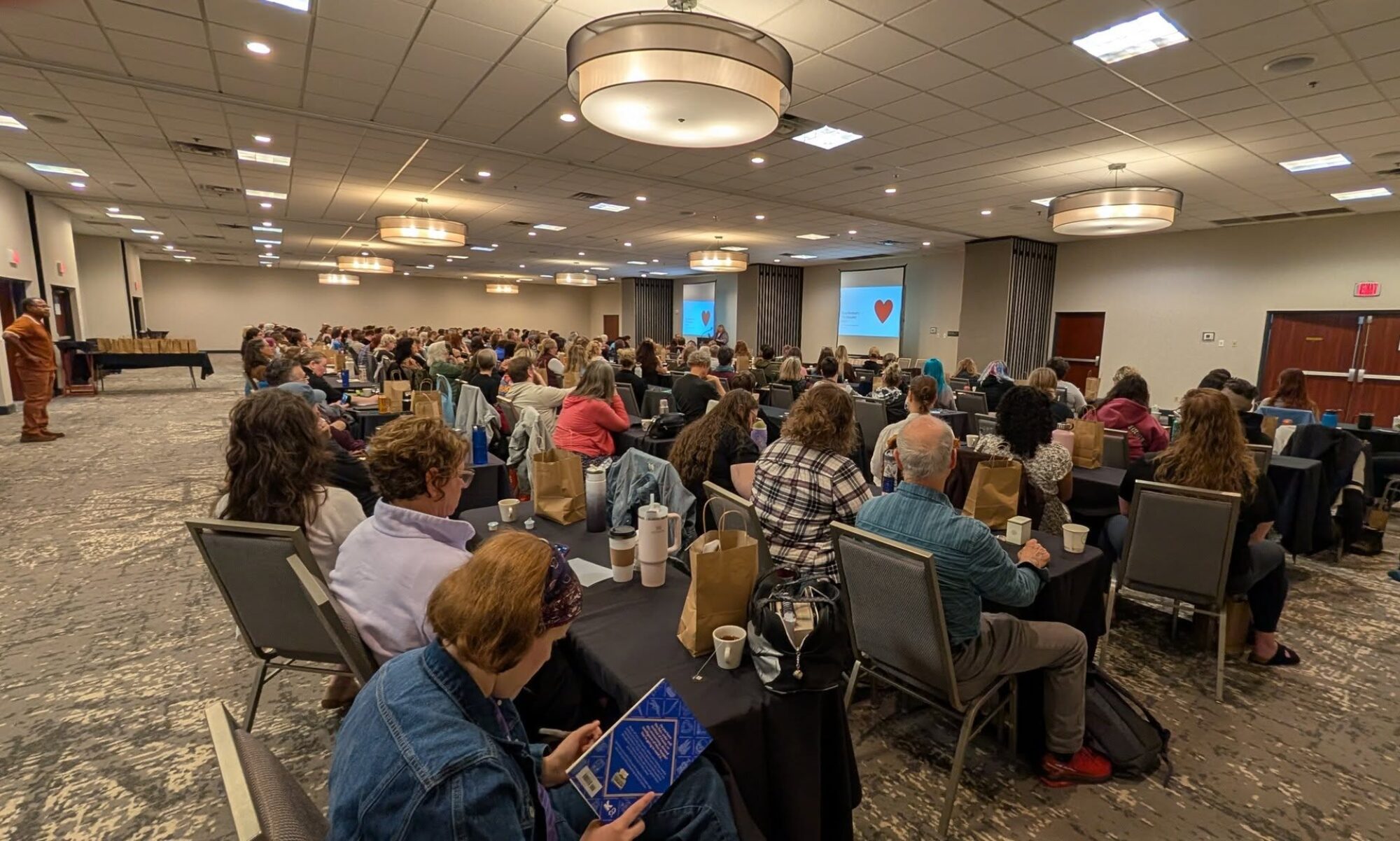I often hear from massage therapists who have made the jump from lone practitioner to entrepreneur, and the biggest struggle they seem to face is staffing problems. One of my favorite bloggers, Steph Lasch Lmt, wrote about some of her issues earlier this week. She’s hardly the lone ranger. And I know from my interactions with her that she’s like me–a workaholic and a perfectionist–which makes it all the harder to stomach these things when they arise.
I’ve been incredibly blessed in my own business, with great people who put the clients first. I’m approaching my 8th anniversary at my clinic, and I’ve had very little staff turnover in all that time. I have only had to fire one person…which I did for having a negative attitude. He only lasted a couple of weeks. I need to back up and say that I HIRE people based on their attitude, not on their skill as a massage therapist. If I hire a therapist who is lacking in technical skills that are important to me, I can fix that. I would rather hire a therapist fresh out of school who may not know as much as I do, who is upbeat and positive and customer service-oriented, than to hire the best massage therapist on the planet who thinks it’s all about them.
Once I hired a young couple fresh out of school who were honest with me about the fact that they wanted to work for me for one year to save enough money to move to the beach. They did a great job for me, and I was sorry to see them leave but wished them well, and they’re both successful at what they do. They still check in with me occasionally. I lost one other staff member who just got burned out on doing massage, and I lost another one who was seriously injured in a car accident. That’s been it. I’ve kept an average of a dozen people employed for the past 5 years or so.
I think there are several key factors in assembling an excellent staff, first and foremost being the positive attitude I’ve already mentioned. I’d have to say that money is right behind it. I’ve had business consultants tell me I’m crazy for paying my staff members what I do. The pay in my facility ranges from $30-$45 an hour, plus gratuities, which I neither encourage nor prohibit. The therapists all do pretty well in that respect. In reality, I could be a lot wealthier than I am if I didn’t pay people so much and let all those profits stay in my pocket, but that’s not the way I roll. In the general scheme of things, not having any staff turnover and having staff members who are happy and who look forward to coming to work every day is more important to me than the money I give up. I had a spa owner tell me that it takes 18 people to staff her spa, and that in one year’s time more than 100 staff members came and went. What a nightmare. I’m better off being a little less prosperous and not having to deal with that kind of problem.
I think the third key to excellence in staffing is clear and direct communication, delivered in a polite way. I expect people to arrive on time. I expect thorough intake procedures, excellent charting skills, keeping their own treatment rooms spotless, giving the client their full amount of time, cultivating excellent people skills like listening to the client, politeness, neat appearance…and I have made that clear at the outset. A couple of times a year, I call a staff meeting and order in lunch for everyone, and we air any issues and do some problem-solving and planning for the future.
One thing that has really worked for me is giving my staff input. Yes, it’s my business. But I couldn’t run it without them. My staff members are what make my business, and they’re the ones who keep clients coming back. When I’m considering participating in a community event, or holding an open house, running a special, or any other number of mundane things, I’ll say “What do you think about us having a booth at the Octoberfest?” or “What do you think we should do for our open house?” I get everyone’s opinion. I could just announce that we’re having a booth at the Octoberfest and that’s that, instead of gathering opinions, but by doing it this way, my staff feels involved. I keep them apprised of my goals for the business, too, which I find is paramount in meeting them. They feel like they have a part in meeting those, and they do.
My main advice is this: treat people well. Pay them what they’re worth; otherwise, they’re looking for the next best deal and you’re going to have the turnover problems. Don’t take advantage of them. Don’t call someone an independent contractor and then expect them to scrub the floor when they’re not booked or to sit there in your lobby off the clock if they don’t have clients. Don’t be a gestapo boss. Communicate what it is that you want in a polite way. State your policies and procedures up front. Train them in the way you want them to go. Set the example. Keep YOUR space clean. YOU dress neatly. YOU model the customer service. Give some signs of appreciation. Give them a card or a small gift on their birthday. Treat them to a free massage once in awhile. Just say thank you. It works for me!



